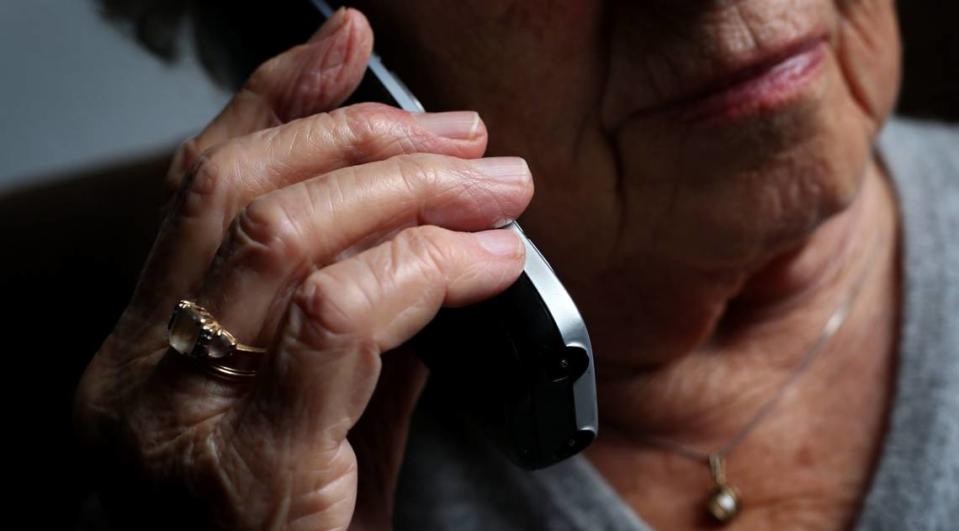California Utilities Commission right to reject AT&T’s request to end landline services | Opinion
From wildfires to floods, local disasters have become an increasingly persistent threat for residents throughout California, making access to reliable phone service more critical than ever. As evidenced by the recent, proposed decision released by the California Public Utilities Commission, recognition of this need is growing, and the CPUC rejected AT&T’s request to end its role as one of California’s “carriers of last resort” landline telephone service providers.
If approved, this decision will be a major win for California’s residents, particularly those in rural and disaster-prone areas who depend on traditional landline service.
On March 3, 2023, AT&T submitted an application to the CPUC to be relieved of its carrier of last resort designation, which compels AT&T to provide traditional landline services in its service territories to any customer that requests it, ensuring all residents have access to reliable phone service.
Opinion
AT&T seeks to phase out operation and service of its copper wire-based telecommunications systems, also known as landlines. If it is permitted to abandon this responsibility without another provider stepping forward to provide these services, an estimated 580,000 customers could be left without access to reliable phone service. The application before the CPUC would also make it easier for other carriers of last resort to eliminate their landline services in the future.
Landline service remains the most reliable option for telecommunication for many California residents. In numerous rural and disaster-prone regions of the state, cell phone coverage is either insufficient or nonexistent. So if providers are no longer required to provide this service, vulnerable residents such as seniors, individuals with disabilities and low-income individuals who still heavily depend on landlines could find themselves without a crucial means of communication when they need it most.
Additionally, landline service has a uniform set of minimum service standards and regulations that do not apply to newer technologies, further putting reliability at risk for these customers.
Nationwide, an estimated 52% of adults age 65 and older still utilize a landline. These populations may live in areas without adequate phone service, face challenges affording new technologies or lack the technical expertise to navigate unfamiliar systems.
For these residents, the potential loss of a landline provider poses more than a simple inconvenience.
Landlines work seamlessly with special medical equipment and security systems — unlike some newer technologies. And in emergency situations, landlines serve as a vital communication tool: Public safety necessitates access to reliable communication for effective emergency response, particularly in areas where wildfires, floods or extreme weather require fast notification to deliver key messages, deploy services and save lives.
During this year’s winter storms, a landslide severely damaged a critical road for the rural community of Arroyo Seco in Monterey County. Due to notoriously poor cell service in that community combined with the loss of a key access road, residents found themselves isolated. If landline service had not been available, residents would have struggled to notify local officials, ultimately delaying the emergency response.
While innovation is crucial to the continued advancement of telecommunication services, the reality is that many Californians still rely on landlines. Permitting any carrier of last resort provider to discontinue service before a long-term solution or robust, disaster-proof technology exists is simply unacceptable and puts public safety at risk.
This desire from telecommunications providers to gradually reduce or eliminate carrier of last resort obligations will continue to be raised at the regulatory and legislative levels. It is therefore imperative that the CPUC prioritize reliable telecommunications for all Californians by approving their proposal to reject AT&T’s application.
Until there is a universally accessible alternative, residents and policymakers must stand firm against future attempts to remove landline phone service from those who need it most.
Chris Lopez is a Monterey County supervisor and chair of the Rural County Representatives of California .



